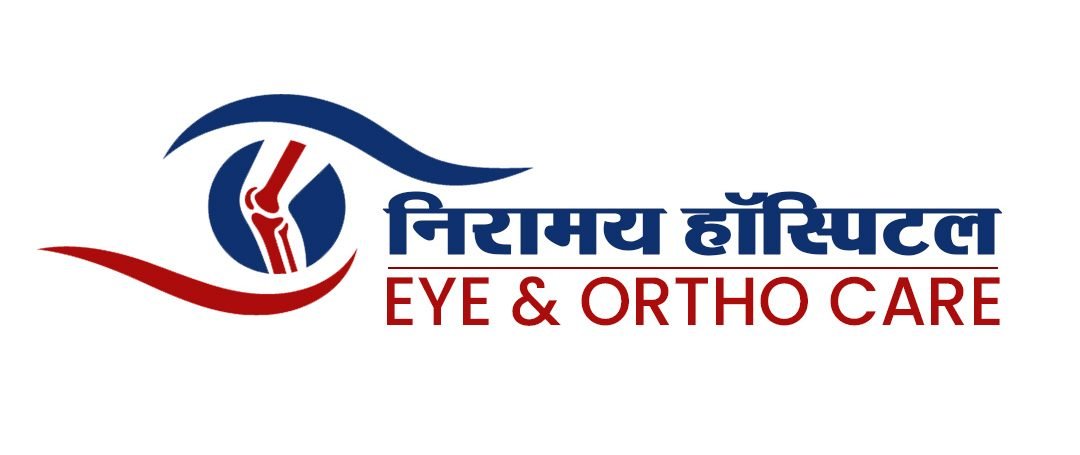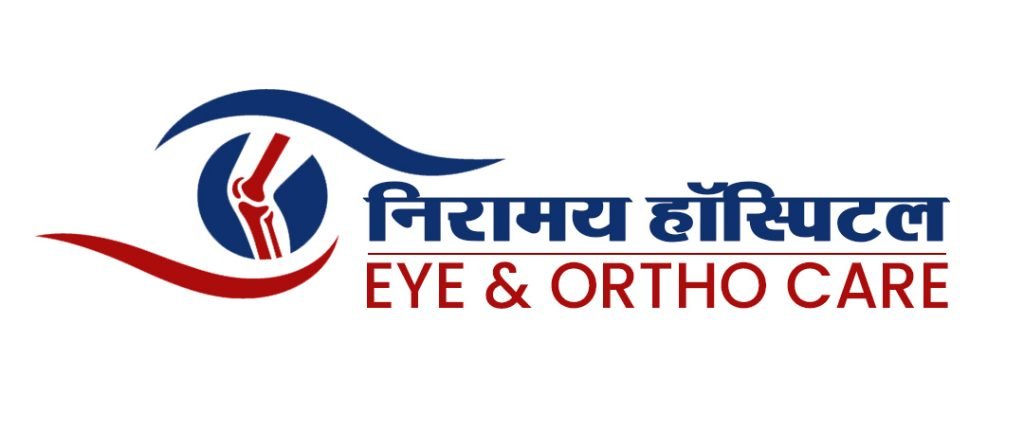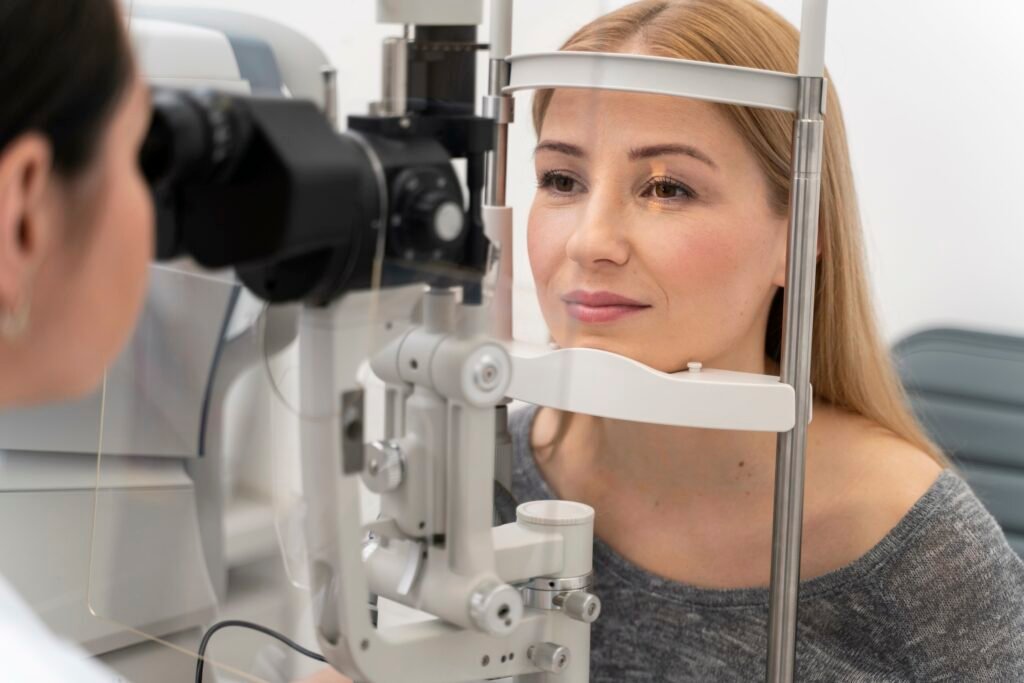Bicep tendonitis is a common yet often overlooked condition that can significantly impact your daily life and long-term health. As a renowned orthopedic doctor in Kota, Rajasthan, Dr. Ankur Jain emphasizes the importance of early diagnosis and treatment to prevent complications. Ignoring bicep tendonitis can lead to chronic pain, reduced mobility, and even tendon rupture.
Understanding Bicep Tendonitis
Bicep tendonitis involves inflammation of the tendons connecting the biceps muscle to the shoulder and elbow. This condition typically results from repetitive overhead motions, overuse, or aging. Common symptoms include:
- Pain or tenderness in the front of the shoulder
- Pain that worsens with overhead activities
- A snapping sound or sensation in the shoulder
- Weakness in the arm
If left untreated, these symptoms can escalate, leading to more severe complications.
Consequences of Ignoring Bicep Tendonitis
1. Chronic Pain and Inflammation
Untreated bicep tendonitis can progress to chronic tendonitis, characterized by persistent pain and inflammation. This chronic condition can significantly limit your ability to perform daily activities and may require more intensive treatment.
2. Tendon Degeneration and Rupture
Continuous strain on an inflamed tendon can lead to degeneration and, eventually, a complete tear. A ruptured biceps tendon often results in a noticeable bulge in the upper arm, known as a “Popeye” deformity, and may necessitate surgical intervention.
3. Reduced Mobility and Strength
As the condition worsens, you may experience a significant decrease in arm strength and range of motion. This can hinder your ability to perform tasks that involve lifting, carrying, or reaching overhead.
4. Development of Secondary Conditions
Ignoring bicep tendonitis can also lead to compensatory injuries in other parts of the body, such as the rotator cuff or elbow, due to altered movement patterns and overcompensation.
Effective Treatment Options
Early intervention is key to managing bicep tendonitis effectively. Treatment options include:
- Rest and Activity Modification: Avoid activities that exacerbate symptoms.
- Physical Therapy: Exercises to strengthen and stretch the shoulder and arm muscles.
- Medications: Nonsteroidal anti-inflammatory drugs (NSAIDs) to reduce pain and inflammation.
- Corticosteroid Injections: For severe cases, injections may be used to decrease inflammation.
- Surgery: In cases of tendon rupture or persistent symptoms, surgical repair may be necessary.
According to the Cleveland Clinic, physical therapy and other non-surgical treatments can heal tendonitis in 75% of cases.
Dr. Ankur Jain: Your Trusted Orthopedic Doctor in Kota, Rajasthan
With over a decade of experience, Dr. Ankur Jain is a distinguished orthopedic doctor in Kota, Rajasthan. His impressive credentials include an MBBS and MS from the University College of Medical Sciences and a DNB in Orthopedics. Further enhancing his expertise, Dr. Jain completed a fellowship in arthroscopy and arthroplasty in South Korea.
Practice Focus
Dr. Jain specializes in:
- Sports injuries
- Knee and shoulder ligament repairs
- Knee and hip replacements
- Routine orthopedic procedures
His practice is dedicated to providing comprehensive care tailored to each patient’s specific orthopedic needs.
Our Philosophy
Dr. Jain advocates for a healthy and active lifestyle, believing that aging joints should not hinder one’s quality of life. Through personalized treatment plans and patient education, he empowers individuals to overcome orthopedic challenges and maintain an active lifestyle.
Frequently Asked Questions
1. What are the early signs of bicep tendonitis?
Early signs include pain or tenderness in the front of the shoulder, especially with overhead activities, and a snapping sensation in the shoulder.
2. Can bicep tendonitis heal on its own?
A: Mild cases may improve with rest and activity modification, but persistent symptoms require medical evaluation to prevent complications.
3. When should I consult an orthopedic doctor?
A: If you experience ongoing shoulder pain, weakness, or reduced mobility, it’s essential to consult an orthopedic doctor for a proper diagnosis and treatment plan.
Take the First Step Towards Recovery
Ignoring bicep tendonitis can lead to severe complications, but early intervention can prevent long-term damage. If you’re experiencing symptoms, don’t wait—consult Dr. Ankur Jain, a leading orthopedic doctor in Kota, Rajasthan, for expert care. Schedule your appointment today and take the first step towards a pain-free, active lifestyle.
Contact Dr. Ankur Jain
Experience comprehensive orthopedic care tailored to your needs with Dr. Ankur Jain, your trusted bone specialist in Kota.









